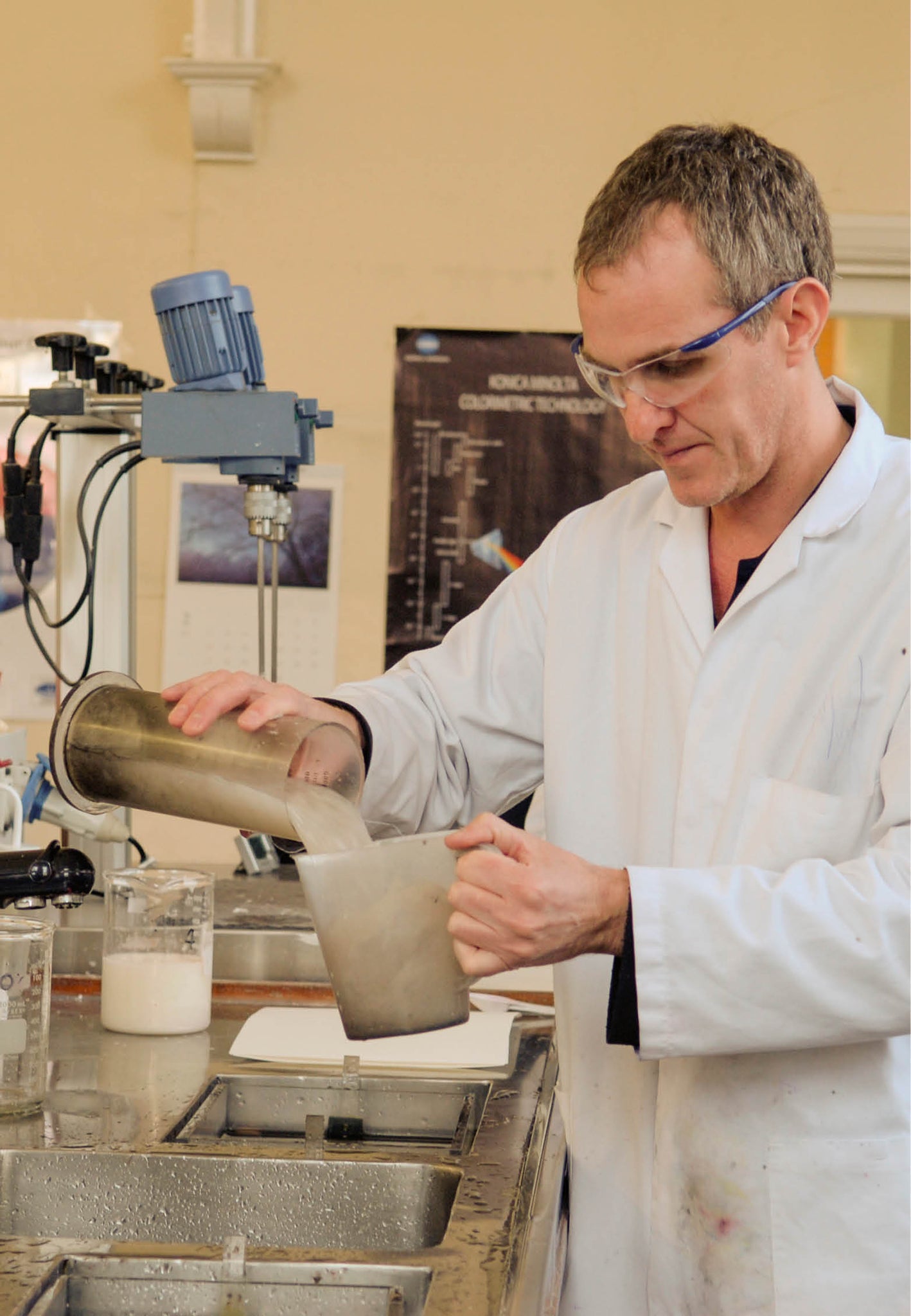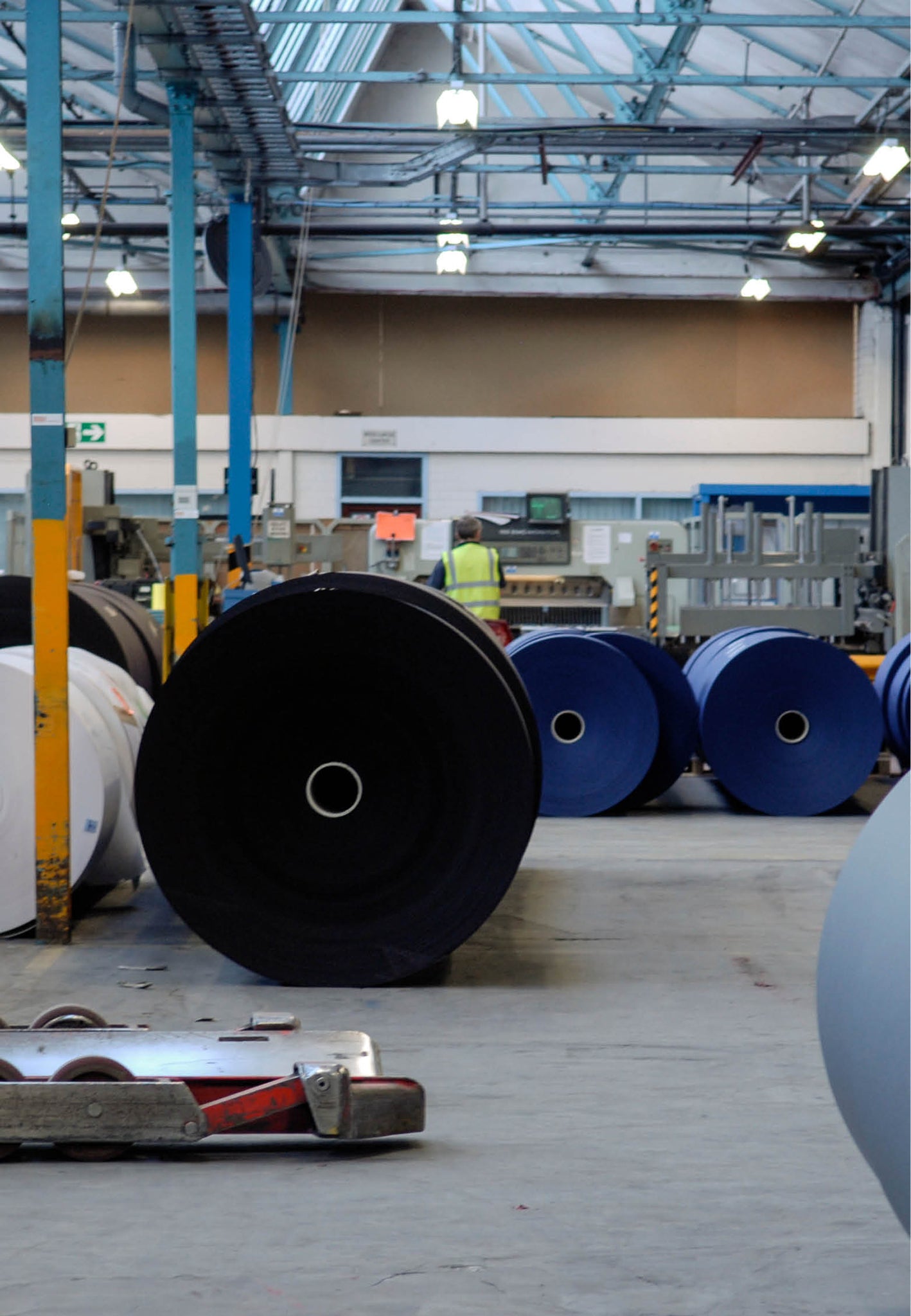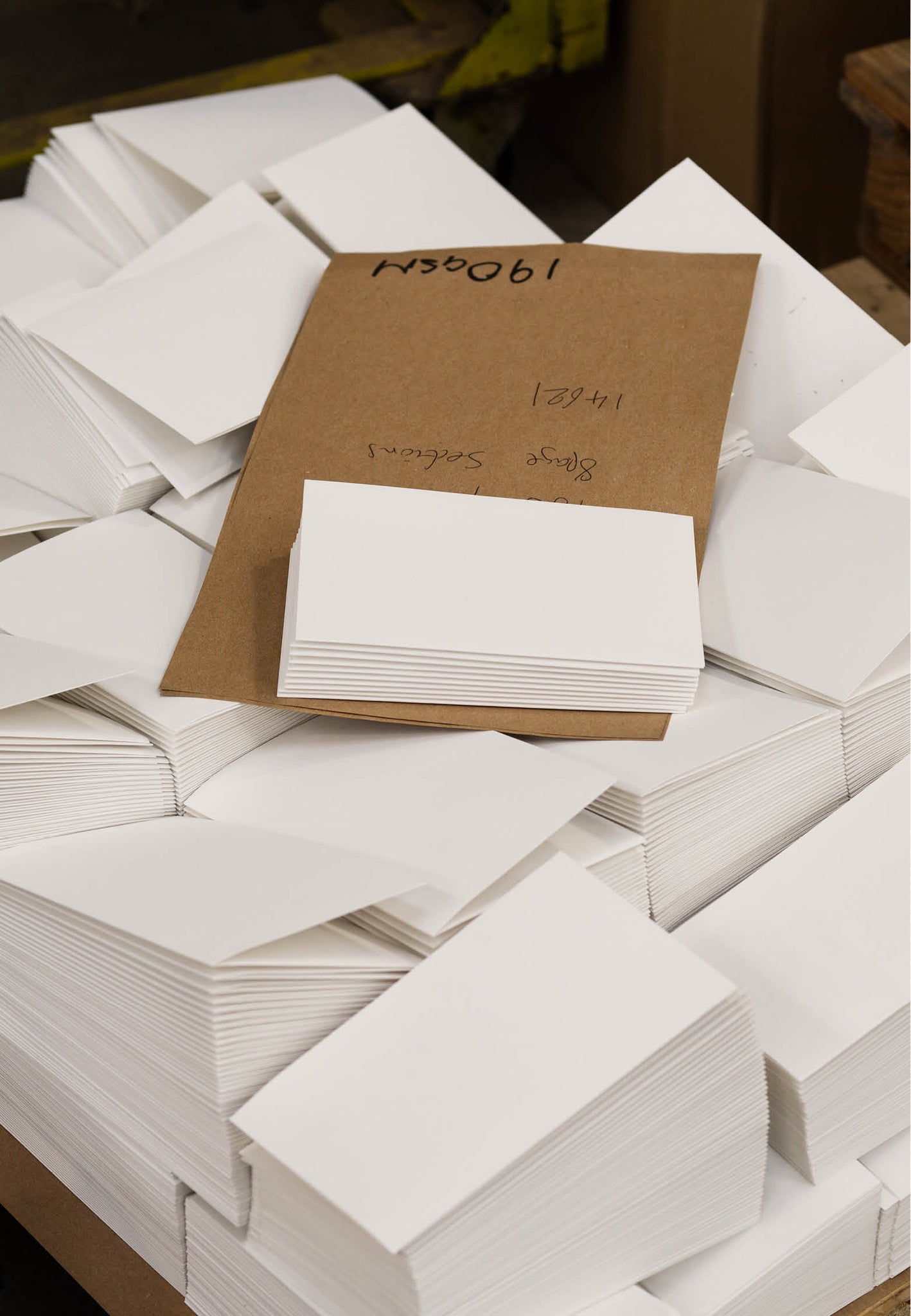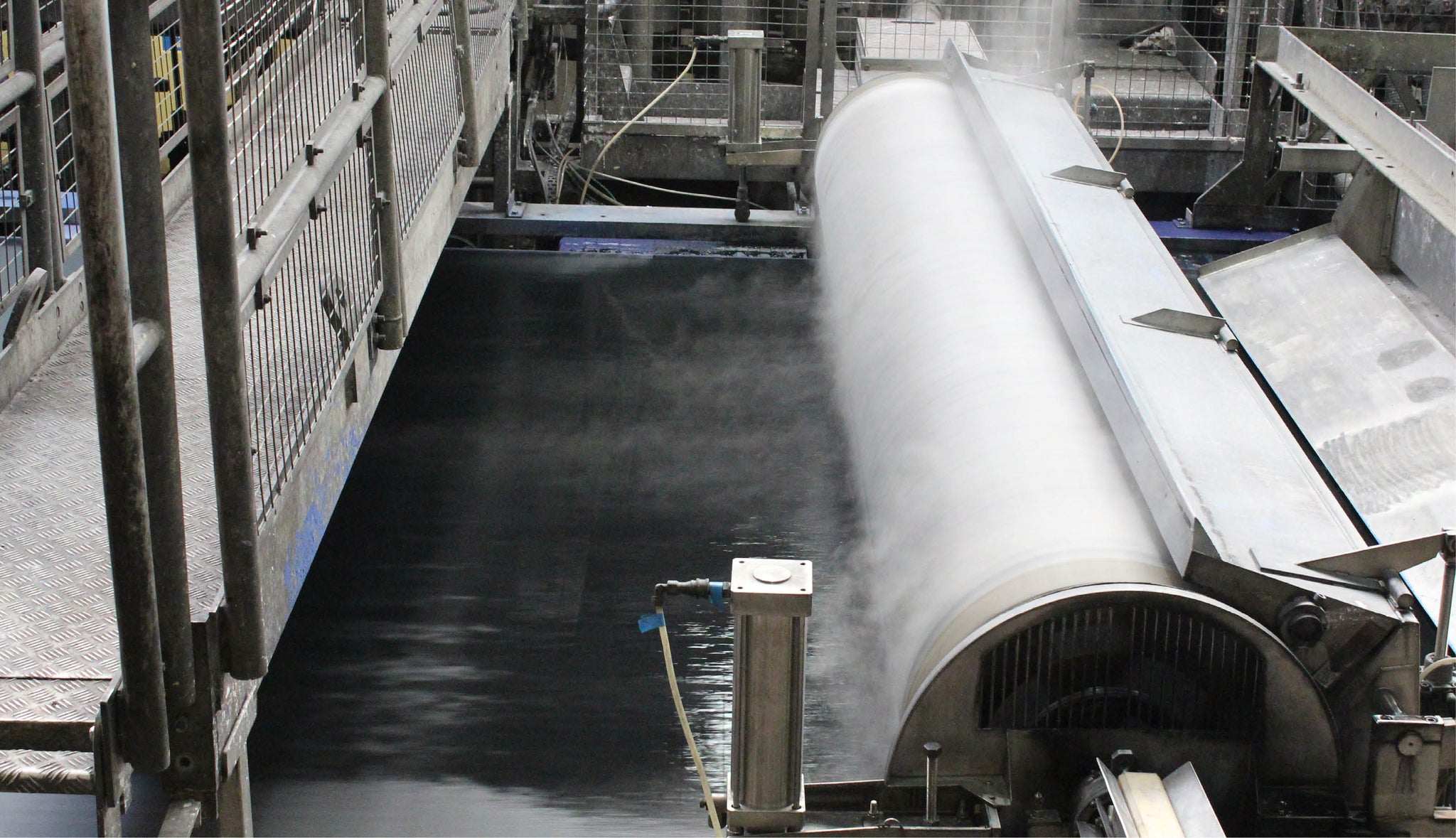In an era marked by environmental consciousness and a decline in traditional industries, the significance of paper's origin has never been more important. Imagine caring about the provenance of the paper you use, in the same way you may care about the origin of your food or clothing. Well, that's exactly why the origin of paper matters more than ever. Let's take a journey from the beginning when paper is made from pulp.
With over two decades of working within the stationery and creative industries, we understand how much paper means to people. Most of us have our own preferences, whether it's the size, colour, smoothness, or price. But have you ever thought about what makes each type of paper unique? Just like our fingerprints, each kind of paper has its own special qualities.
Sometimes, we tend to overlook the true value of paper. It's like saying you like red wine in a nice glass bottle, without really understanding what makes it good quality. Unfortunately, there's a lot of fast stationery out there that makes people forget what real quality means.
While developing our new range of notebooks, our focus was firmly on using only ethical and sustainable papers sourced from the best specialist mills. However, we didn't only want to understand how and what they make; we wanted to learn about why they make it and find compelling ways to share and celebrate this with our customers to better inform them.
Most paper mills follow a similar process. They set up their factories near rivers or lakes so they can easily access water, which is crucial for making paper. The main ingredient is called pulp, and mills source this from countries like Scandinavia, Portugal, Spain, Asia, and South America. You may also be surprised to know that pulp can come from various natural resources like cotton, eucalyptus trees, hemp, bamboo, seaweed, and coffee, along with recycled paper waste.
As the paper industry relies heavily on natural resources, the implementation of environmental standards and certifications is vital in fostering sustainability within the paper industry. Recognized certifications like ISO 14001, the Forest Stewardship Council (FSC), and the Programme for the Endorsement of Forest Certification (PEFC) serve as significant markers of a paper mill's unwavering commitment to environmental responsibility.
These certifications encompass a broad spectrum of criteria, encompassing emissions control, product quality, and the responsible sourcing of materials. Through the attainment of such certifications, paper mills proudly showcase their dedication to preserving the environment, demonstrating their resolve to uphold sustainable practices throughout their operations.
The global paper market has been shrinking for years due to the rise of digital technology, increasing energy costs and recent events like the pandemic and global conflicts. This decline affects not just the demand for paper, but also the production of it. It especially impacts the smaller producers and mills who in many cases produce the much more environmentally sustainable paper stocks. That's a problem because specialist paper mills aren't just important for the stationery industry; they're also vital for many communities. The skills passed down through generations provide livelihoods for towns and cities, and once these places close they very rarely open again.
That's why we're taking paper seriously. For too long, its origin and craft have been overlooked. We want to help change that. We want to bring these special papers to customers who care about where their paper comes from, the people who make it, its quality, and the materials used to make it. By knowing the origin of your paper and using it, you're showing paper makers that their skills are not only appreciated but essential to preserving this sustainable and traditional industry.
So, let's celebrate the journey of paper – from its sustainable production to its craftsmanship and the identity it carries. Each sheet tells a story, intricately woven into the fabric of our lives. It is time to recognize and appreciate the true value of paper and the impact it has on our world.






